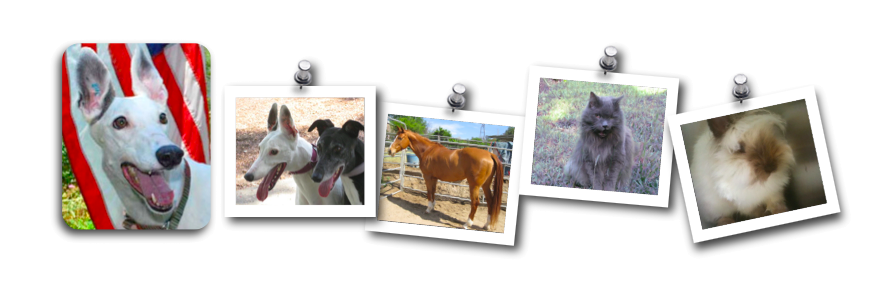The farrier works quickly to remove old hoof.
By sharing our concerns and successes, we all benefit.
Animals live to serve us one way or another, so knowing how to take care of them is critical for our mutual well being.
Tuesday, November 30, 2010
Today was new shoe day at Rose Bowl Riders
Taking the shoes off requires strength both while pulling and when the horse leans against the farrier.
Labels:
farrier,
flu shots for horses,
horse shoe,
shoeing a horse
Myth #1: Animals canʼt tell you where they have pain or tension since they canʼt talk.
Wrong! Animals are excellent communicators. They use facial expressions, postures, gestures, and even changes in their breathing to let us know how they're feeling. And unlike many humans, animals generally give constant and honest feedback as you massage them, without worrying about being polite. And when animals learn more about massage and bodywork by receiving it again and again, they get even better at communicating more accurately and more subtly.
More on politeness: Be aware that some animals trained to have excellent manners may at first be inhibited about communicating displeasure or pain during a massage. However, if you pay attention and respond to their subtle cues, they quickly learn that they can communicate with you and still be polite. Likewise, animals who overreact at first to something they don't like, and either threaten your safety or resist receiving massage, can
also learn to communicate more politely and productively, knowing that you will listen and adjust what you're doing to meet their needs.
Subscribe to:
Comments (Atom)
